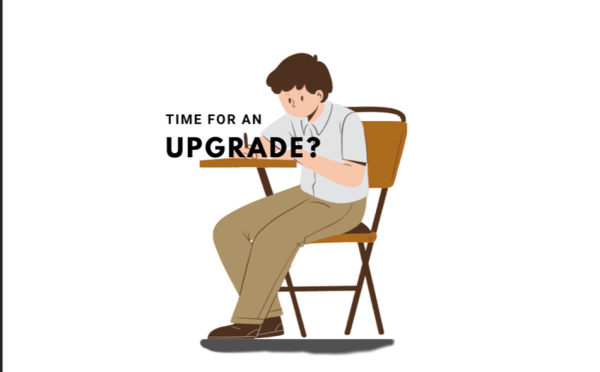Coronavirus in Spain

March 30, 2020
For a few months now, COVID-19 has been affecting much of the world’s population; however, some countries have been more affected than others. In many countries it has been decided to go to the extreme of halting the country with an indefinite state of quarantine.
In Spain, on March 13, the closure of universities, high schools and colleges, as well as the confinement of the population at home was declared. Only pharmacies, food outlets and hospital centers are open. Anyone who works in these places or other essential establishments can go to work and are allowed to leave home. The state declared the alarm for 14 days, but it has been extended by 14 days longer until after Easter. The measure of confinement is intended to prevent the spread of disease and the collapse of the health system. You can’t leave the house except to shop for food, care for the elderly or dependents, take your dog for a walk or go to work for those who have to go. You cannot go for a run, do exercise out of your house, go to cafes or meet people. When people leave home to go to get groceries, they should be more than four feet away from each other. There are also limitations of the amounts of food and essential products for each family, on account of people buying more food than they need. The grocery stores are almost empty and there is a limited assortment in the stores.
Staying home all day without going outside is not something people are used to. As a result of this, people are trying creative ways of curing boredom. For example there are some new challenges on social media, such as putting a small disco on the balcony on some apartments is also a common activity among neighbors. These activities help to keep a positive mood and aid as a distraction from everything that is happening in the world.











